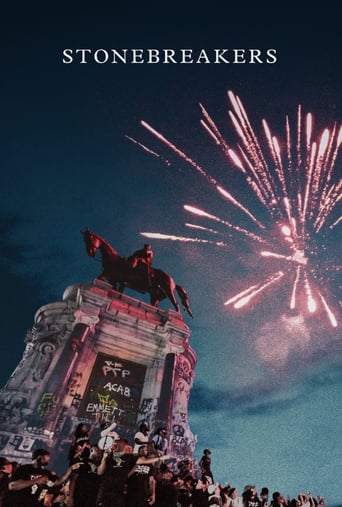
12 Nov 2022

Stonebreakers
In a year of uprisings and political unrest, Stonebreakers documents the fights around monuments in the United States and explores the shifting landscapes of the nation's historical memory.
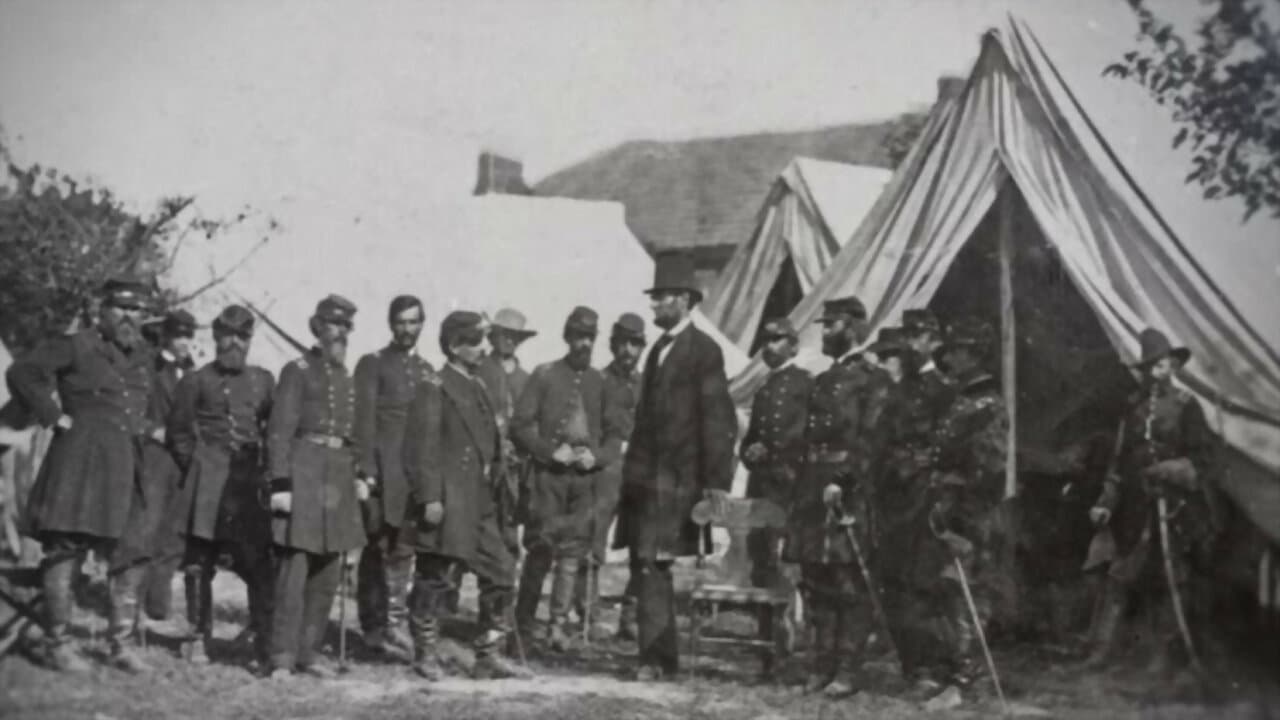
Looking at the birth of America's first intelligence units, set in motion in by President Lincoln himself in the early days of the war; exploring a spy who broke the boundaries of gender and race.

12 Nov 2022

In a year of uprisings and political unrest, Stonebreakers documents the fights around monuments in the United States and explores the shifting landscapes of the nation's historical memory.
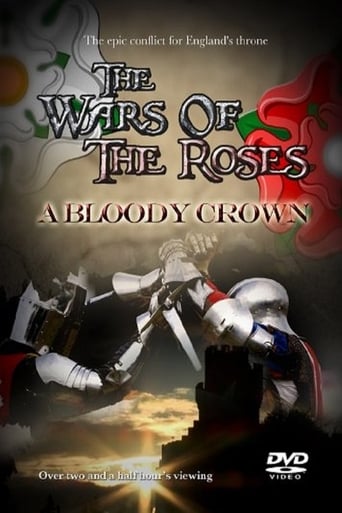
01 Jan 2002

Using historically-accurate, battle-filled re-enactments and interviews with expert historians and noted authors, this two-part documentary series brings to vivid life the captivating true stories behind Britain's bloody civil wars.

08 Feb 2019

The first American space station Skylab is found in pieces scattered in Western Australia. Putting these pieces back together and re-tracing the Skylab program back to its very conception reveals the cornerstone of human space exploration.
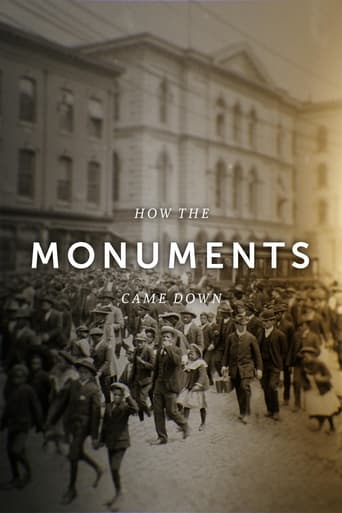
10 Jun 2021

How the Monuments Came Down is a timely and searing look at the history of white supremacy and Black resistance in Richmond. The feature-length film-brought to life by history-makers, descendants, scholars, and activists-reveals how monuments to Confederate leaders stood for more than a century, and why they fell.

18 Jan 1991

It is El Salvador, 1989, three years before the end of a brutal civil war that took 75,000 lives. Maria Serrano, wife, mother, and guerrilla leader is on the front lines of the battle for her people and her country. With unprecedented access to FMLN guerrilla camps, the filmmakers dramatically chronicle Maria's daily life in the war.
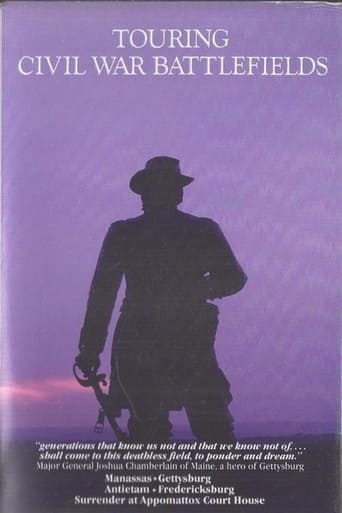
01 Jan 1987

See the actual battlefields as they were and as they are today. No battlefields have greater appeal than the meticulously preserved meadows and forests where four heroic encounters of the Civil War were decided. Relive the story behind each conflict as thousands reenact the battles.
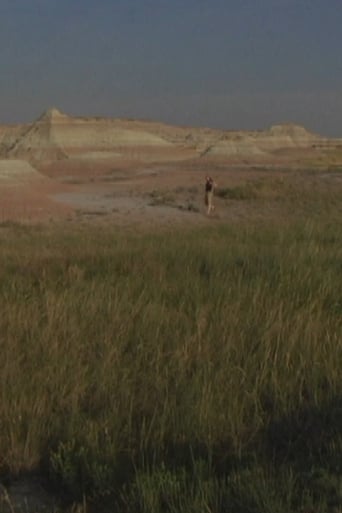
19 Apr 2019

"CIVIL WAR SURVEILLANCE POEMS (Part 1)" is the first installment in a five-part project of experimental and hybrid-form short films contemplating a second American civil war via lyrical nonfiction, mixing call-in radio, twenty years of verité footage from the filmmaker's archive, and robots. Conceptually speculating from sixteen years in the future (and a protracted civil war), the project is partly nostalgic political travelogue, partly a quest to mine the archive for what went wrong, and part prewar surveillance records, the project deconstructs and builds to a clashing ideology, culminating in an installation of sound sculpture, four-walled video and artifacts.
Charlotte Biltekoff is the author of “Eating Right in America” where she traces the food reform movements throughout American history. She questions socially accepted ideas about “good and bad eaters” and what those assumptions reveal about food, culture, and the struggle over moral values.
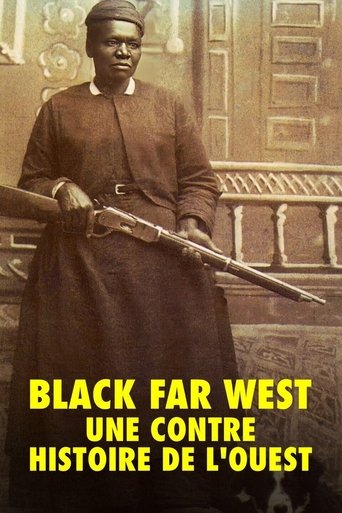
15 Oct 2022

Did you know that the first cowboys were black? Using magnificent archives and testimonies from historians, Cécile Denjean restores justice to African-Americans in the story of the conquest of the West.

15 Oct 2022

In 30 years of a deeply committed career and 50 roles, Denzel Washington, double-Oscar winner, placed the figure of the Black man in all its complexity at the heart of the American paradoxes: from Black activist, rebel soldier to gangster torn between violence and charity. Voted best actor of the 21st century by the New York Times a few months ago, Denzel Washington, 65, has risen to the top of American cinema. As an Actor, director and producer, he has shaken up a "color line" as immutable as it is subtle. Often identified with his characters, he reveals himself to be disconcerting and paradoxical. As if he were holding up a mirror to America in which all of its contradictions and failings were reflected. A documentary that chronicles the extraordinary career of the world-renowned African-American actor.
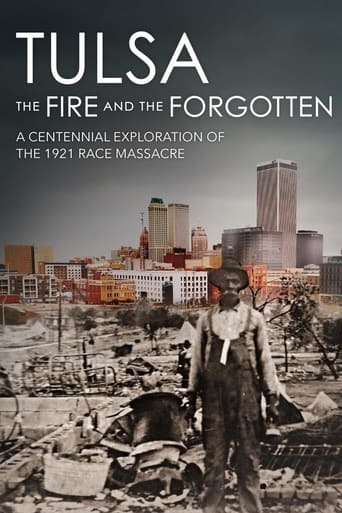
31 May 2021

Learn about the 1921 Tulsa Race Massacre, on the one hundredth anniversary of the crime, and how the community of Tulsa is coming to terms with its past, present, and future.
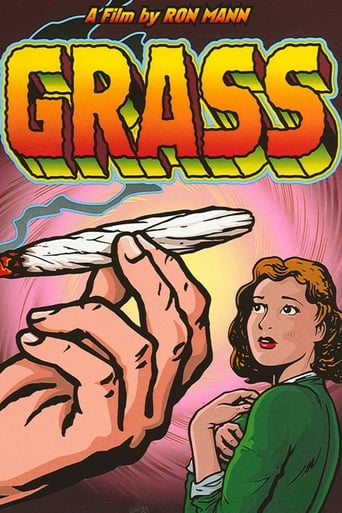
15 Sep 1999

Marijuana is the most controversial drug of the 20th Century. Smoked by generations to little discernible ill effect, it continues to be reviled by many governments on Earth. In this Genie Award-winning documentary veteran Canadian director Ron Mann and narrator Woody Harrelson mix humour and historical footage together to recount how the United States has demonized a relatively harmless drug.
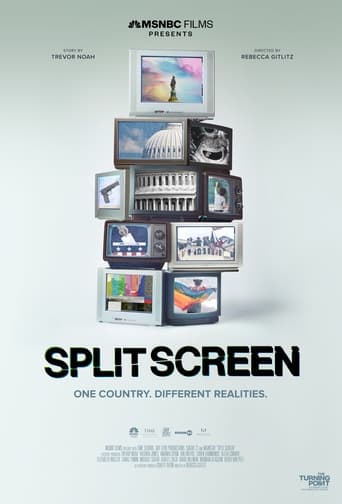
20 Nov 2022

The story of January 6, 2021, where approximately 2000 people stormed the US Capitol to stop the certification of the Electoral College Votes, killing some and leaving over 140 injured. A firestorm of angst, anger, violence and confusion.
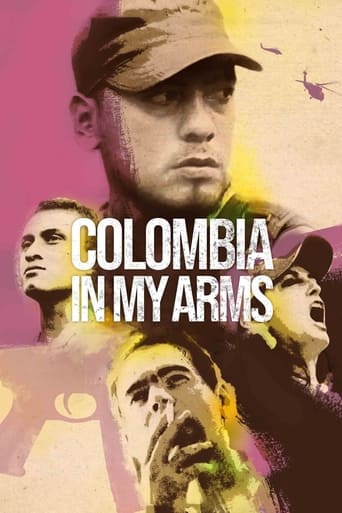
30 Nov 2022

After 52 years of armed conflict the FARC guerrillas are about to hand over their arms in exchange for political participation and social inclusion of the poor. Ernesto is one of them. The much celebrated Colombian peace agreement throws Ernesto and the polarised society around him into chaos in which everyone is afraid of the future and their own survival.
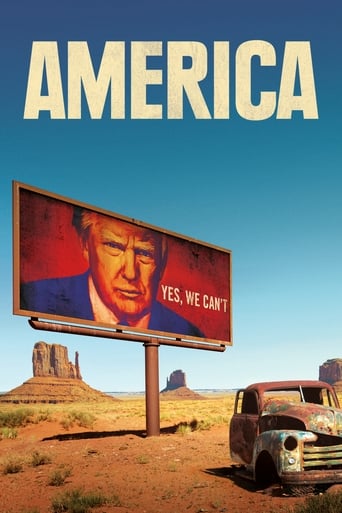
14 Mar 2018

November 2016 : The United States of America are about to elect their new president. AMERICA is a deep dive into the heart of Arizona, meeting the inhabitants of a little town crossed by Road 66, the broken inheritors of the American Dream who deliver us their hopes and fears.
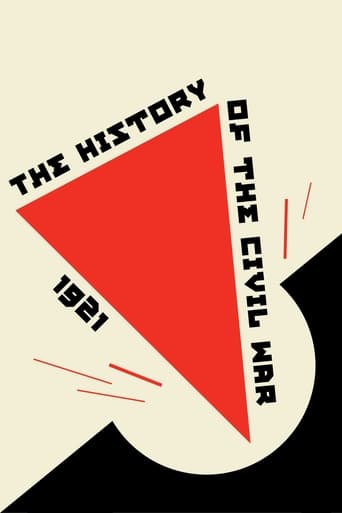
01 Jun 1921

The epic story of the Russian Civil War (1918-21): the White Terror, the counterrevolutionary uprisings, the guerrilla war, the Kolchak front, the Wrangel front and the Kronstadt rebellion. Chaos and violence, devastation and death.
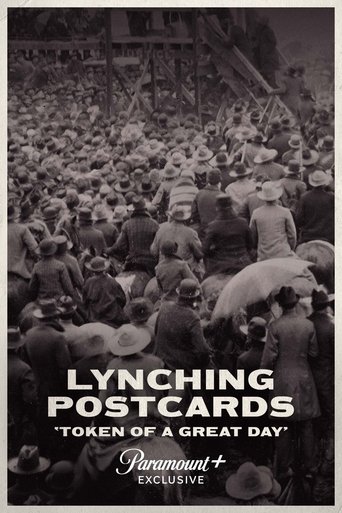
01 Oct 2021

This chilling reflection examines the horrific history of lynchings as cultural events and celebrations that included souvenirs and postcards.

17 Jan 2023

Known as the most liberal U.S. senator and "Border Czar," VP Kamala Harris has a long track record of policy positions; an in-depth look.
30 Nov 2022
Built in 1755 at the height of the French and Indian War, Braddock's Road was one of the nation's most infamous military roads. Traces of this historic route, in western Maryland, still remain, buried beneath soil and brush, and a team of archaeologists is on the hunt.
01 Jan 1991
With a mission of collecting, preserving and making accessible the materials of human culture, the New York Public Library plays a vital role in the cultural life of the Big Apple. This film provides a multifaceted portrait of the institution. Viewers will learn about the library's history, collections and research centers as well as the individuals charged with upholding its mission while always keeping an eye to the future.